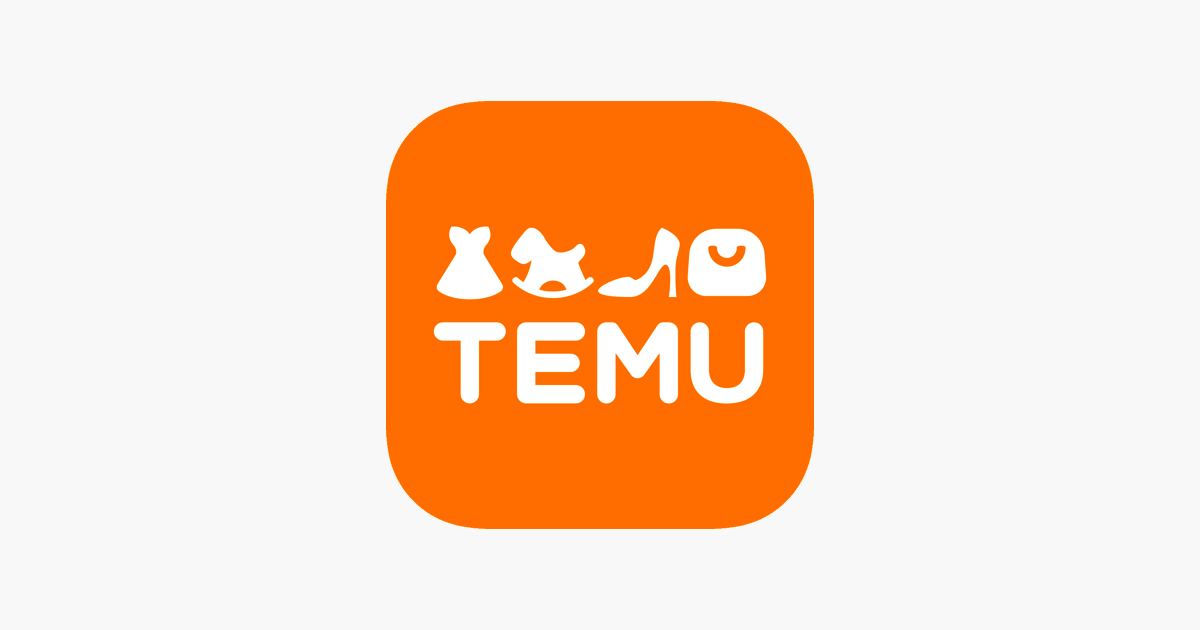The Three Techniques Salespeople Use To Make You Pay More
Anybody in a sales position is taught a number of techniques to try to increase their sales and therefore make their bosses more money. This goes for servers at restaurants, retail, car salesmen etc. The ideal situation is to make the customer feel that they have gotten a deal and value for their money when actually the sales person has gotten you to pay for something that you didn’t really want or need or think you were getting a better deal than you actually did. How much the sales person is willing to push this balance depends on how much they depend on repeat business. The restaurant business is sometimes willing to bend over backwards to make you happy, because they know that repeat business is the key to their success, but a car salesman knows that he probably is never going to see you again after you drive off the lot. So as a general rule, the more expensive or less often you purchase an item, the more likely a salesperson is going to try and rip you off.
There are three basic techniques that sales people use:
1. Form a connection
2. Make the customer invest their time.
3. Make them think they are getting a deal.

Not all three of these are used together. In fact, tactic two is sometimes used in a way that intentionally defrauds the customer and even lets them know that they were fooled. Amazingly, it still works. Here are how the three techniques are used and how you can avoid being taken by them.
FORM A CONNECTION
We like friendly people in customer service, at least most of us do. Part of your job, is to try and learn something about your customers, to make them feel a personal connection with you. We see this a lot in businesses that we have regular interaction with and get to know the staff well. What this does is increase your loyalty and gets you to come back again, but it also gets you to spend more.
When you form a connection with a person you unconsciously seek their approval, just like you do with family and friends. This not only means that they will work harder for you but that you will probably work harder for them. One technique sales people use is called “the Sullivan nod”, where when they offer you an item they simply subtly nod while offering it to you. The number of people who say yes goes up when the Sullivan nod is used, simply because we want to get the approval of people, even when they are trying to sell us something.
This isn’t such a big deal when it is a waitress getting you to spring for dessert but sometimes a salesperson can trick you into feeling a personal connection to you even when one has not been established yet. That is why salespeople, or at least good ones, start off with small talk. They are looking for that "in" with you that will get them that advantage. You might be wearing a shirt with your favorite sports team on it and they start a conversation about what a big fan they are. If you let them, they will suck you in to thinking that you have a connection with them and that they can’t possibly be such a bad guy because you like the same sports team. This is a huge mistake.
I have a great example of how this technique and technique number two was used to take me for a ride a few years ago. I had just moved into a new apartment and was doing something outside when a young man came up and introduced himself to me. I assumed that he was one of my neighbors, because he had been talking to my neighbor next door. I was talking to him for about five minutes before he told me that he was selling magazines to help pay for college, and had just sold some subscriptions to my neighbor, who he then waved to. Because I was an avid magazine reader I agreed to buy three subscriptions and filled out the form without even asking any questions about price. When he told me the bill it was substantially more than subscriptions to those magazines usually cost, though still cheaper than newsstand price.
What did I do? I paid for them, even though it was outrageously overpriced. Part of the reason was that I was embarrassed that I had signed the form without asking about price. I did this because I trusted the kid. My neighbor had supposedly bought magazines from him, so I assumed he was offering a deal. He wasn’t, and before you say that you would never fall for this ploy, people do all the time. That is why con artists are called “confidence men.” They get you to give your confidence to them based on nothing but smoke and mirrors.
MAKE THE CUSTOMER INVEST THEIR TIME
There is another obvious reason I just forked over the cash instead of telling him that I changed my mind. I had invested my time in it. I had let him have me spend ten to fifteen minutes, talking, choosing magazines and filling out the forms. By then I was invested, and for some reason I actually felt dumber wasting my time than wasting my money.
This tactic really works brilliantly, even during times when you wouldn’t think it would. Many websites will offer something “free” then force you to fill out complicated forms before hitting you with charges. This has become such a common tactic for sites trying to get people to pay for their free annual credit report that they passed a law that they had to inform them of the actual site where they can get their free credit report somewhere on the screen. It doesn’t matter. The reason websites do this is because it works.
Even though you are mad and still know you might be able to get the service for free, people feel dumber having wasted their time then they do wasting their money. This is the same reason that when you buy a car the salesman always tries to keep you on the lot as long as possible, goes to talk to his boss, or whatever he can do. The more time you invest on the lot the more likely you are to buy a car and also the more likely you are to be susceptible to upgrades or extra fees.
There is another tactic that is commonly used on the same principle. Stores will put out an ad for an item that they don’t have in stock or only have a few of. When all the people responding to the ad they have their staff try to up sell them on a more expensive version of the cheap item. This is just dirty pool and it works more often than it doesn’t, simply because after coming all the way to the store people feel stupid going home empty handed.
MAKE THEM THINK THEY ARE GETTING A DEAL
One way to help get rid of the effectiveness of the second tactic is to eradicate the word free from your vocabulary. There is no such thing as free when it comes to private businesses. If they tell you something is free, you are paying for it somewhere and don’t think that you aren’t.
A good sales tactic that is used is to just add supplemental charges onto a bill, just so the salesperson can waive them in order to think the customer just got away with something. You didn’t. Also when the salesperson tells you that something would normally cost this much but you saved so much from them….you didn’t. One of my favorite examples of this is grocery stores with “club prices.” Being a member of the club doesn’t cost you anything but by being a member you get special sale prices. But if all you have to do is get a special price is fill out a form then you really aren’t being given a special price. You are actually being charged extra for not filling out a form.
A good tactic to use is to know what you want to spend total before you even begin to shop and stick to it. Take taxes, and any extra fees that might be applicable into consideration. Remember, you aren’t getting a deal if you are paying what anybody else would. The only time you are getting a great deal is when you get exactly what you want for the price that you were willing to pay for it.








